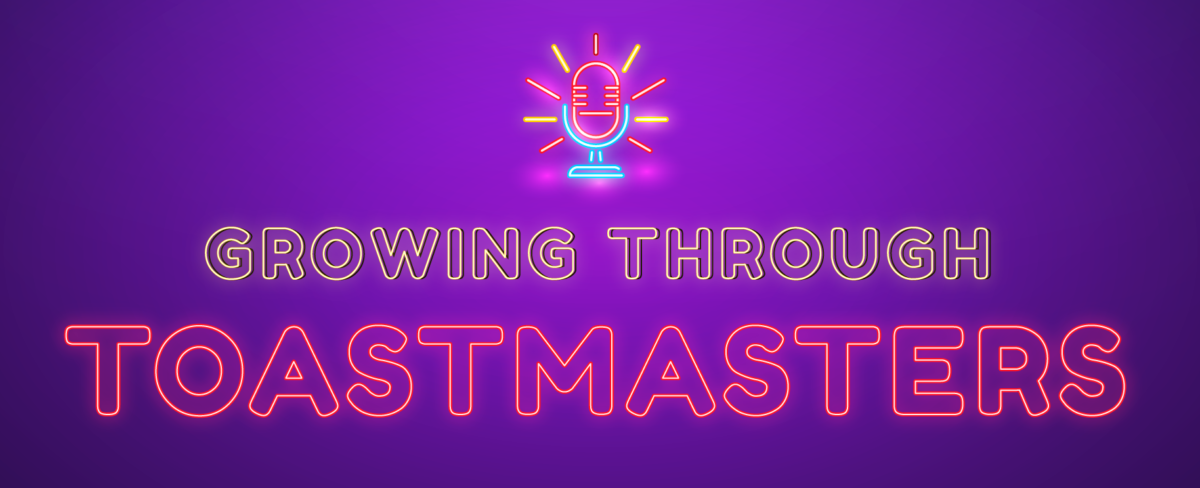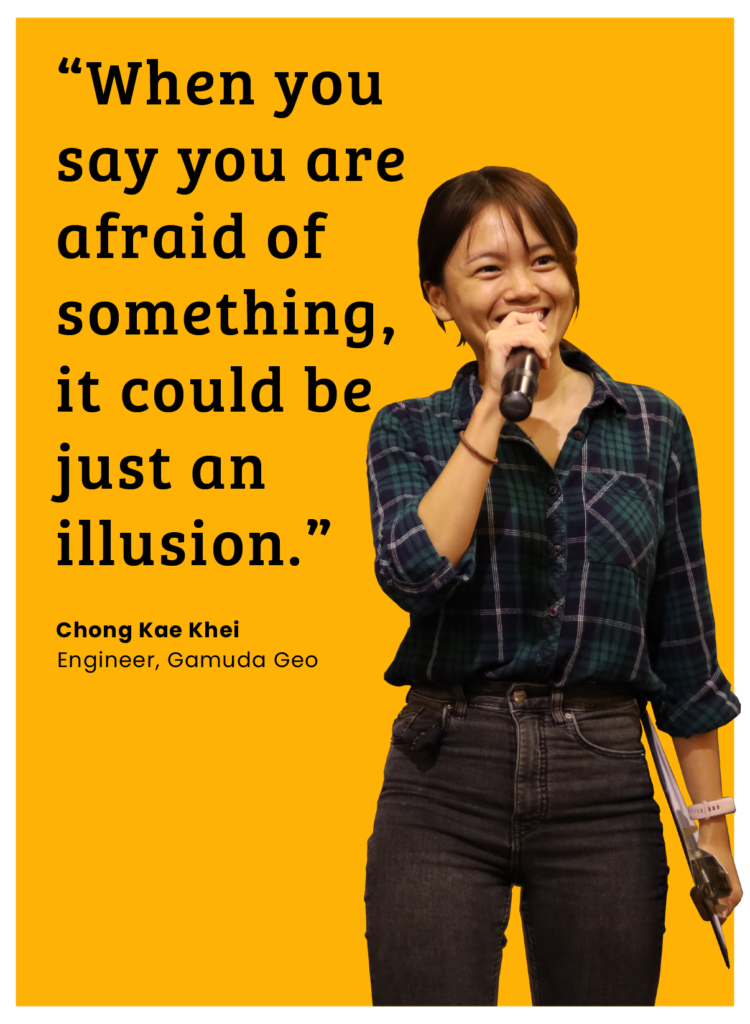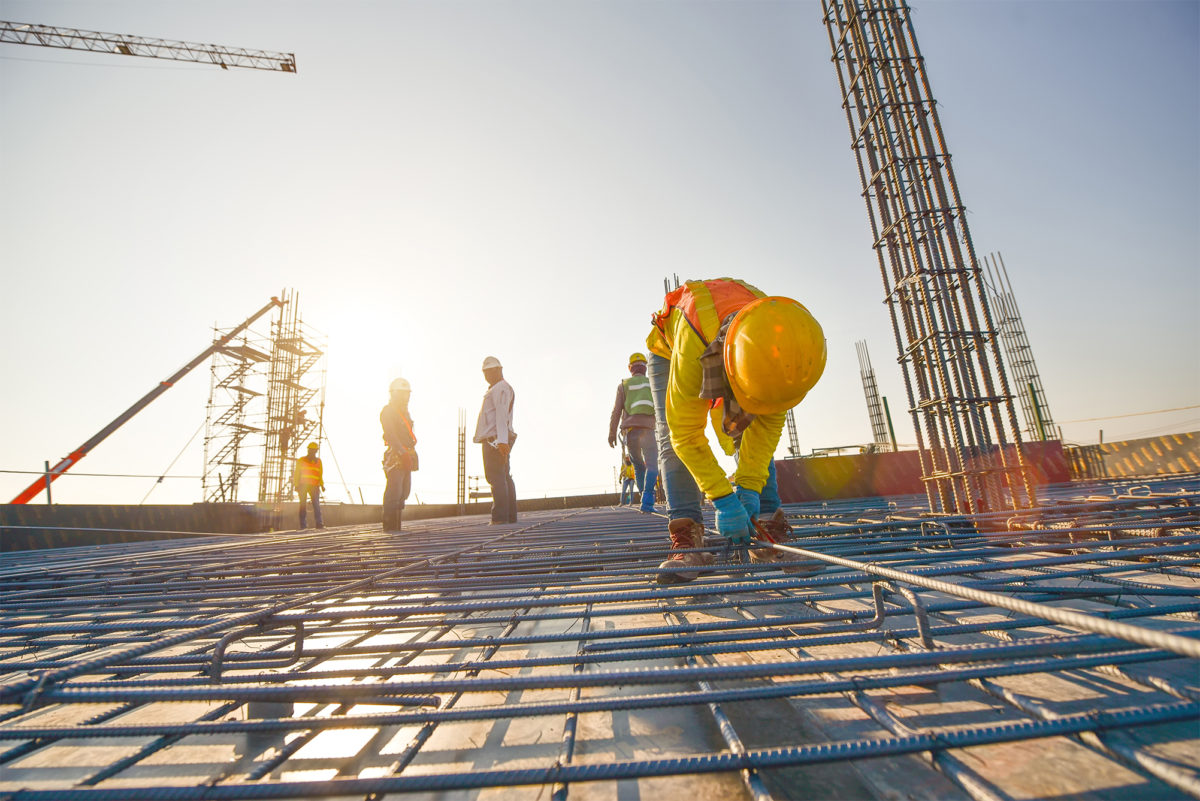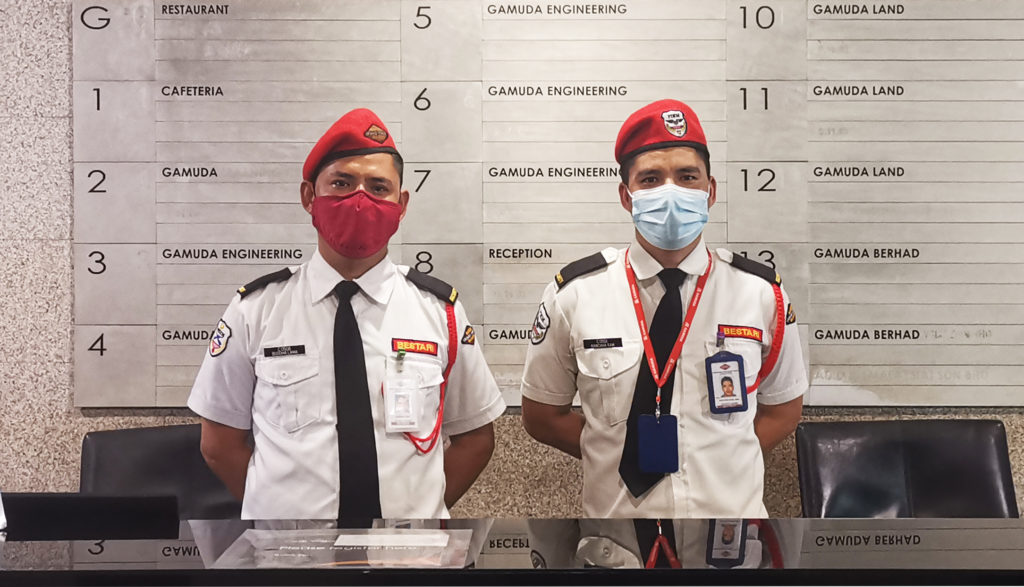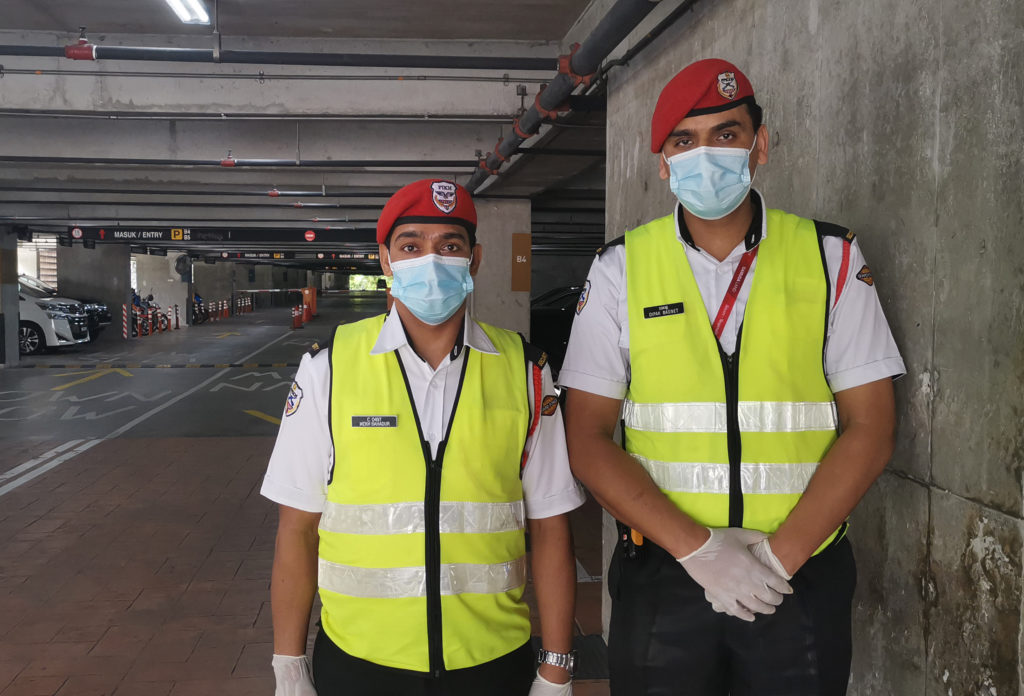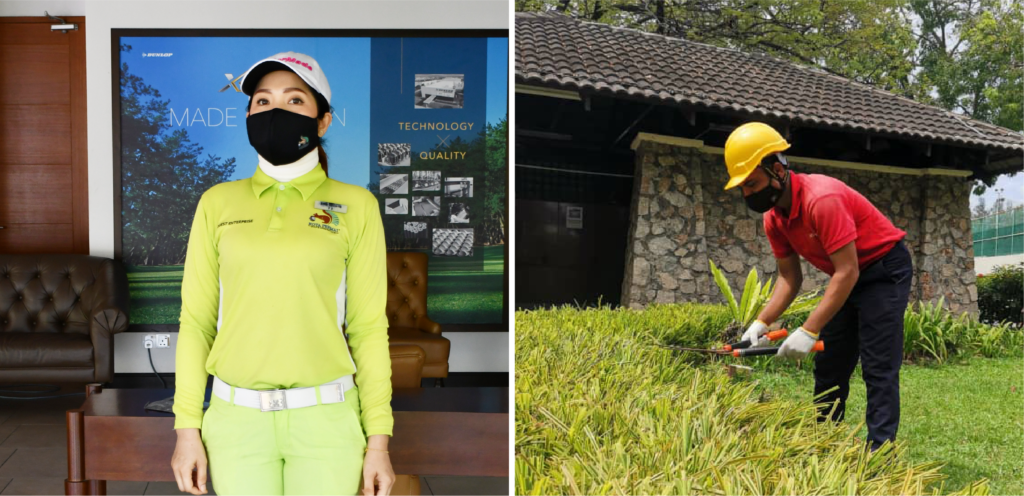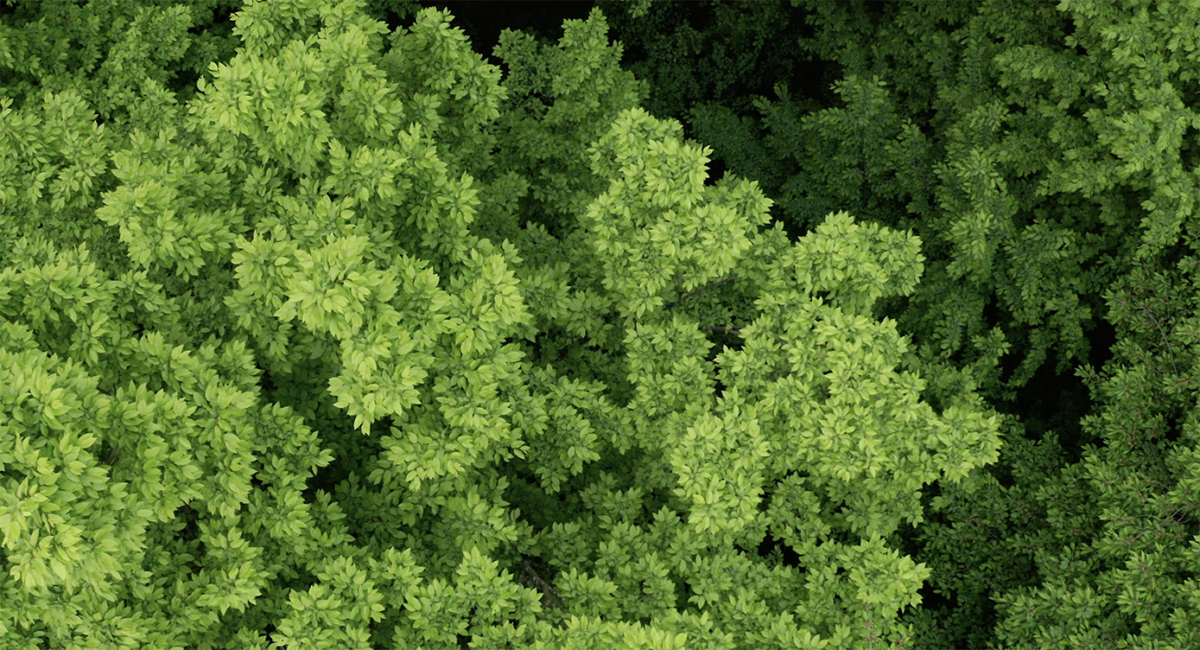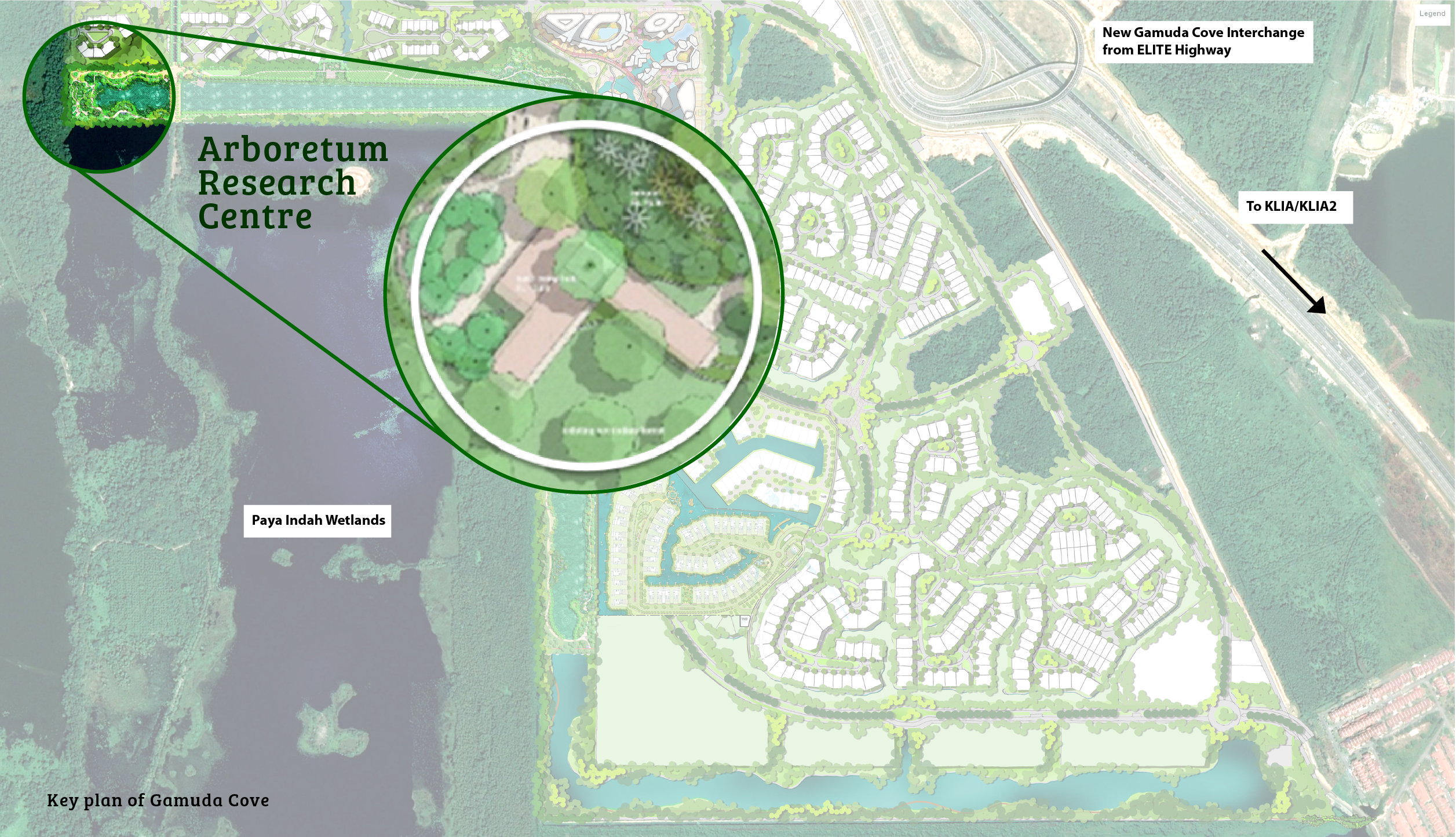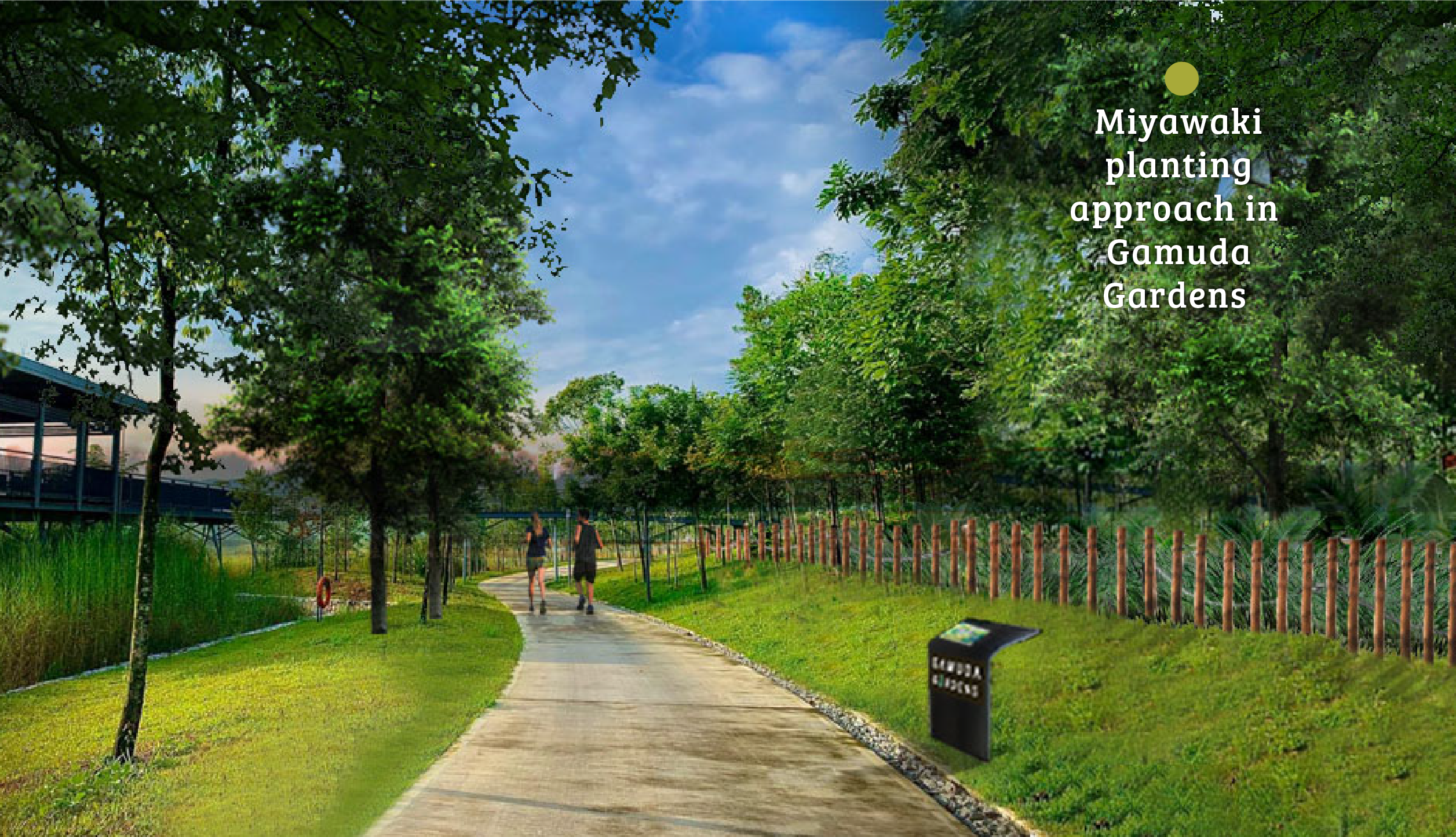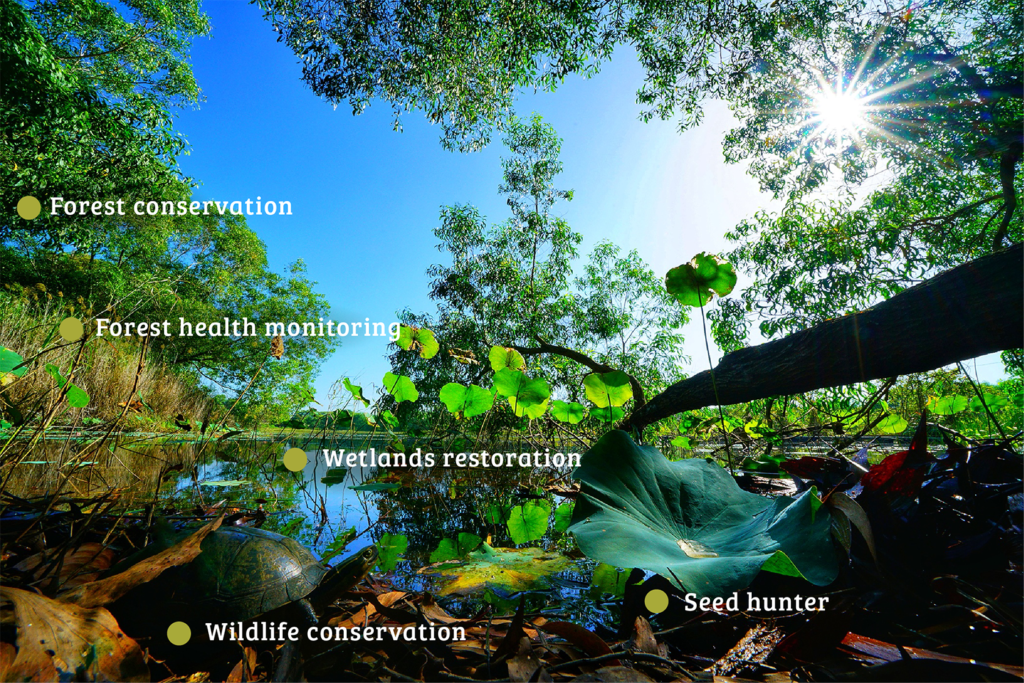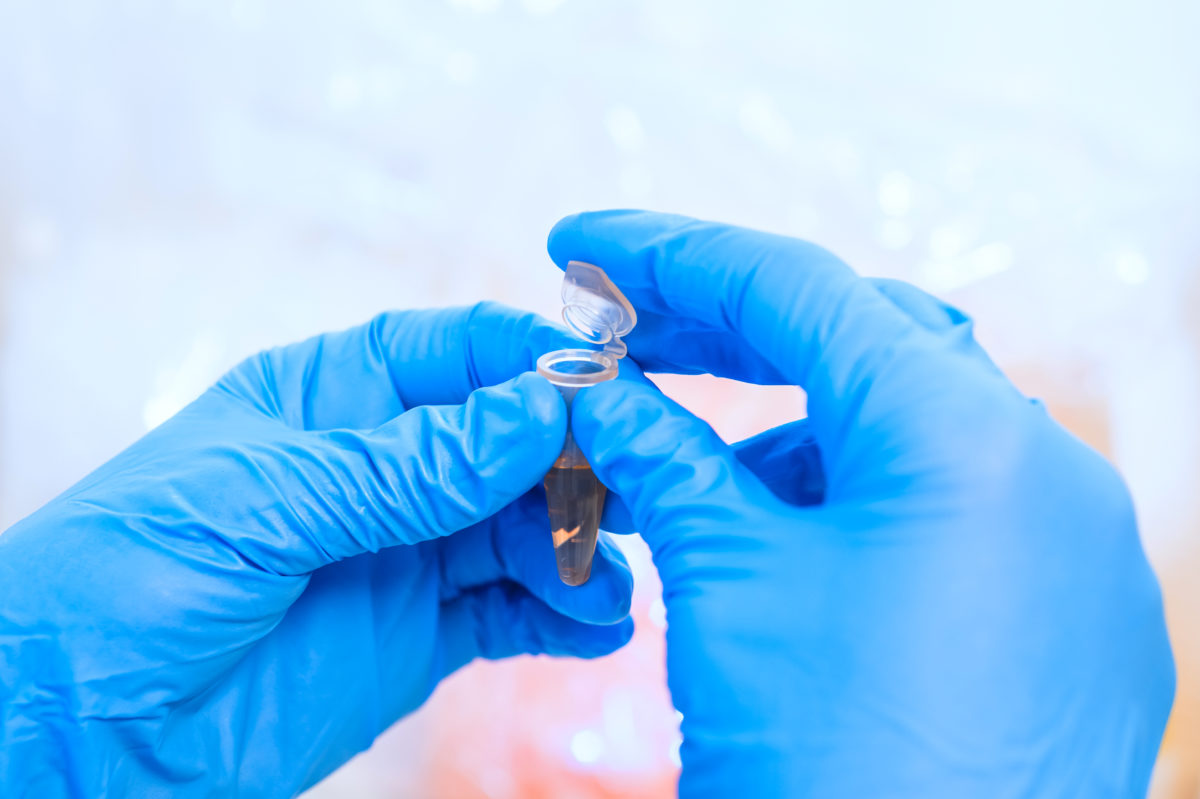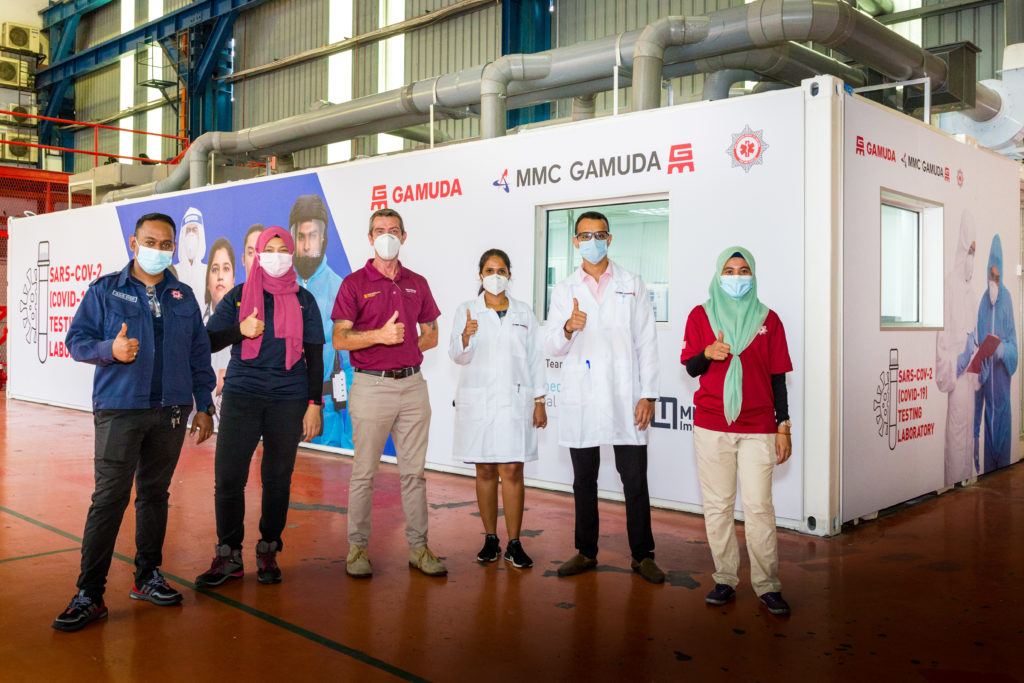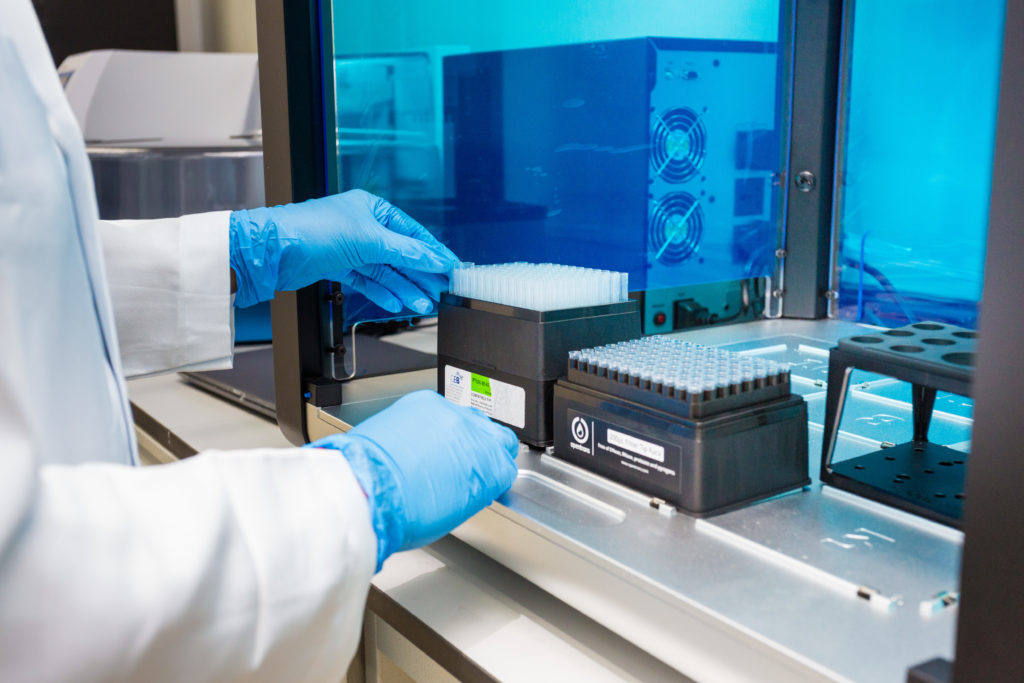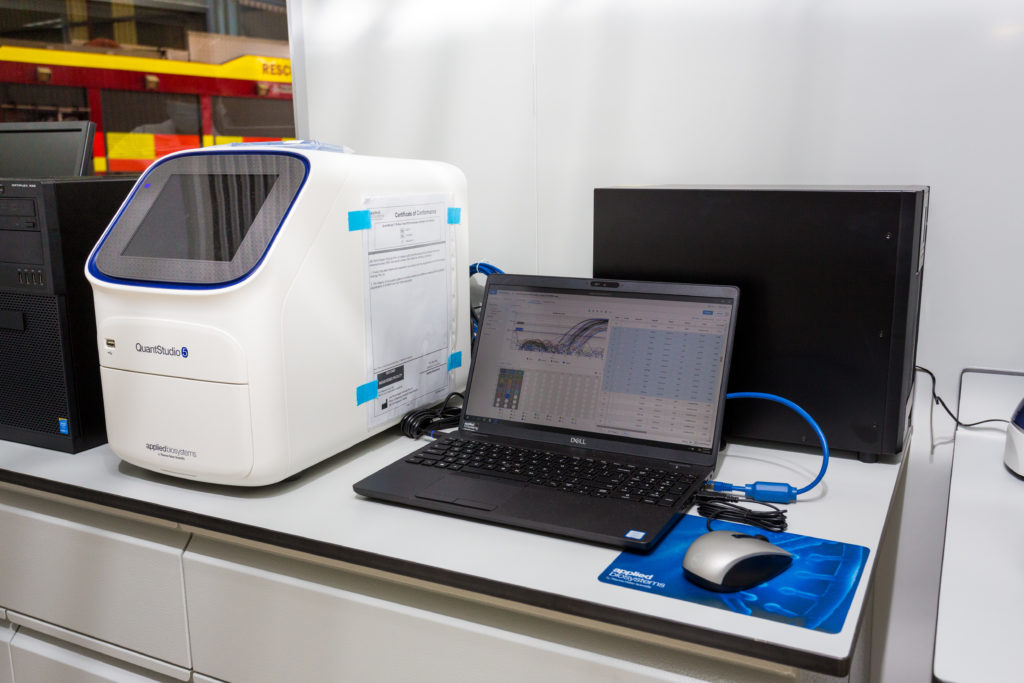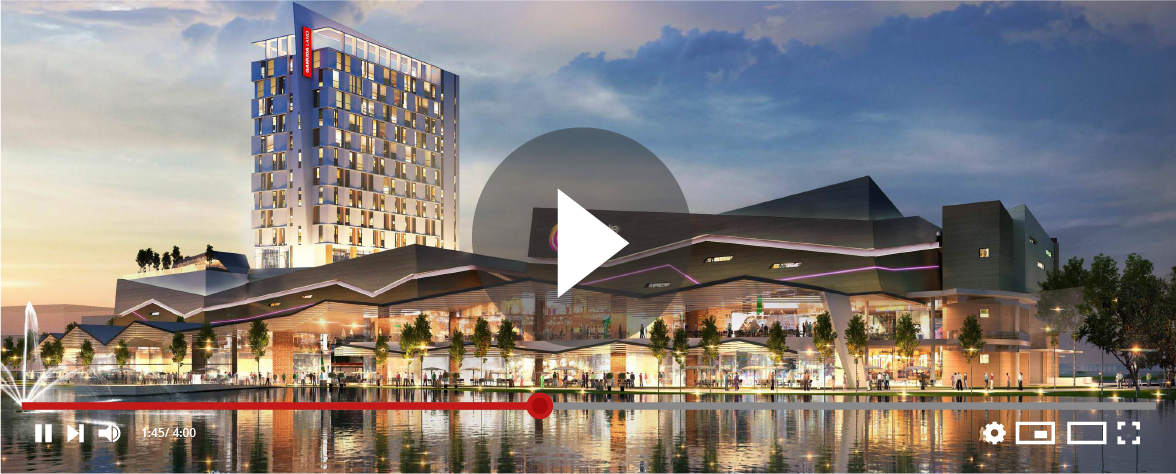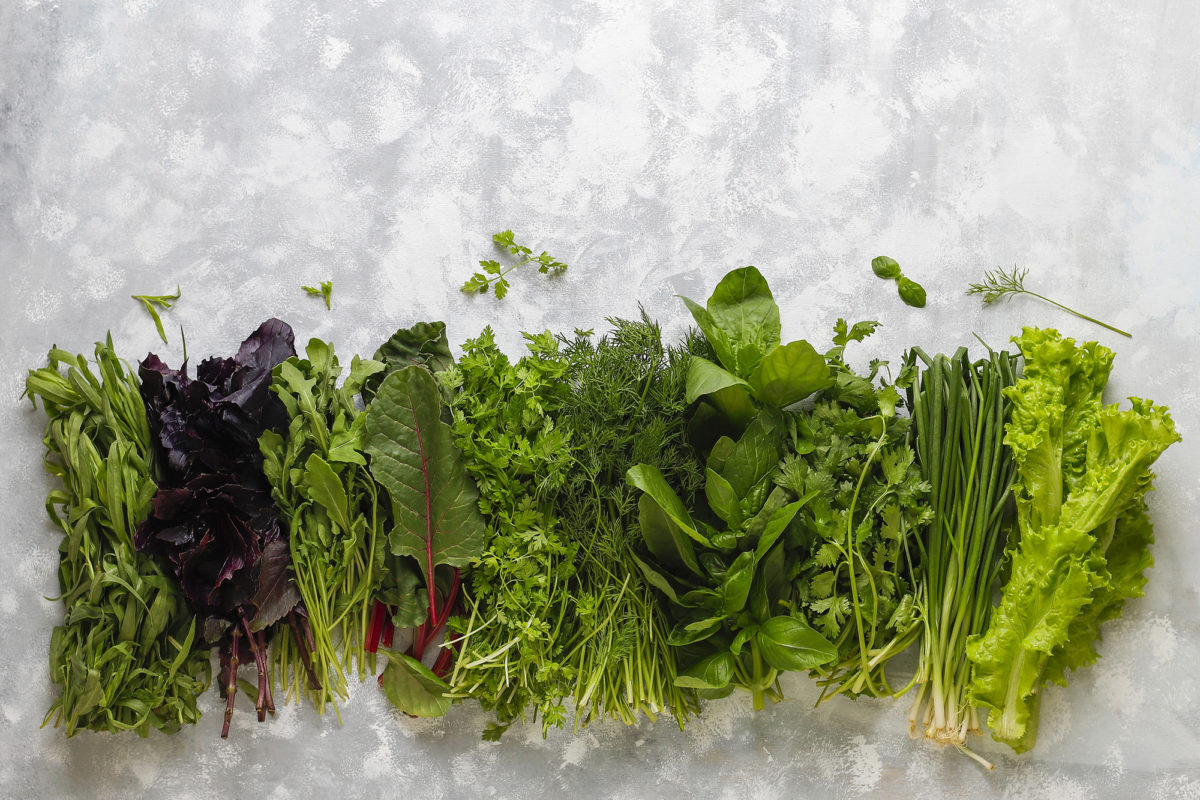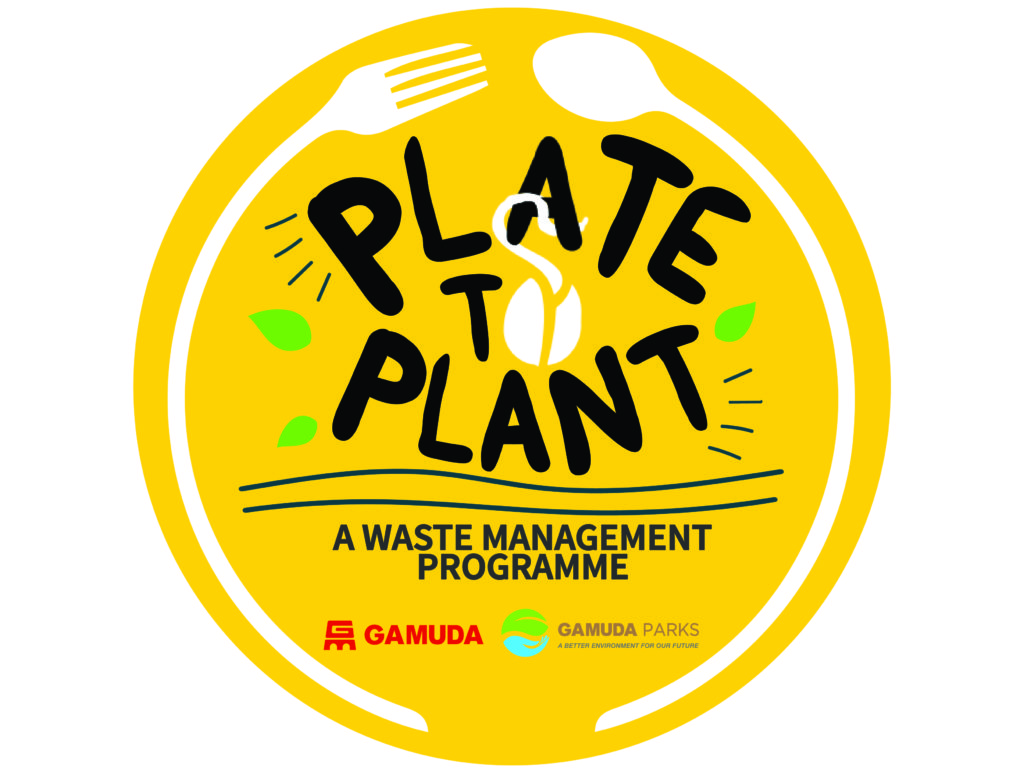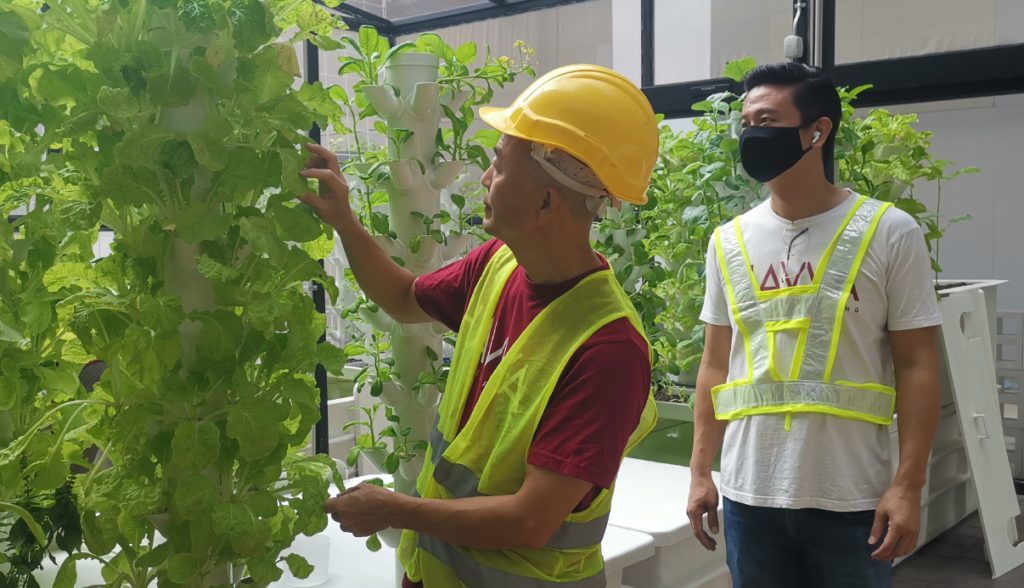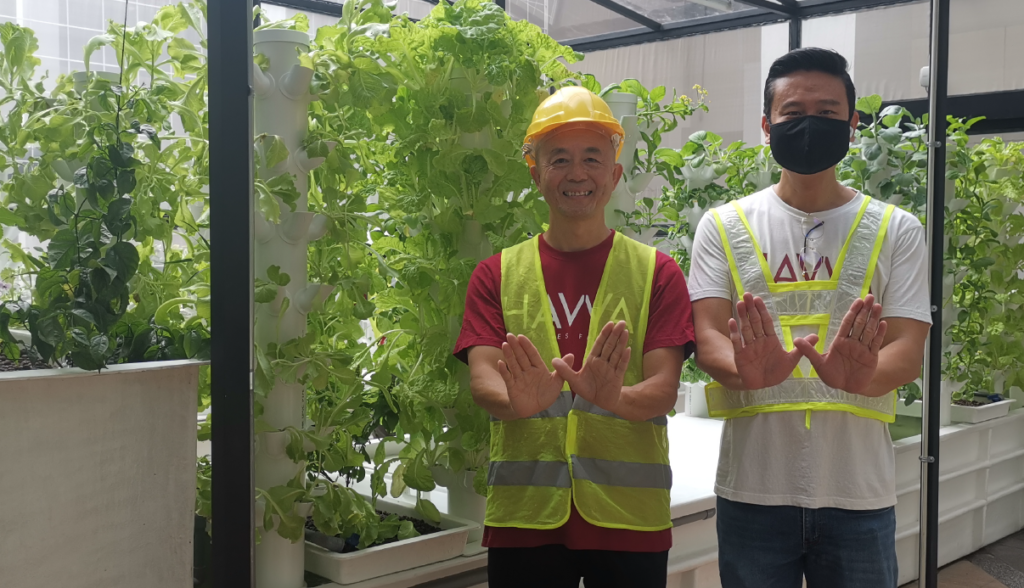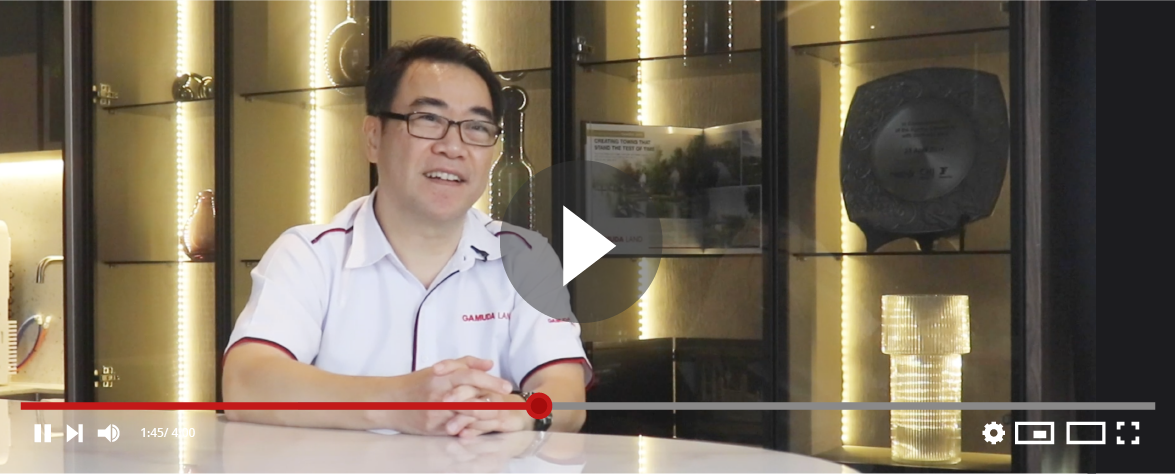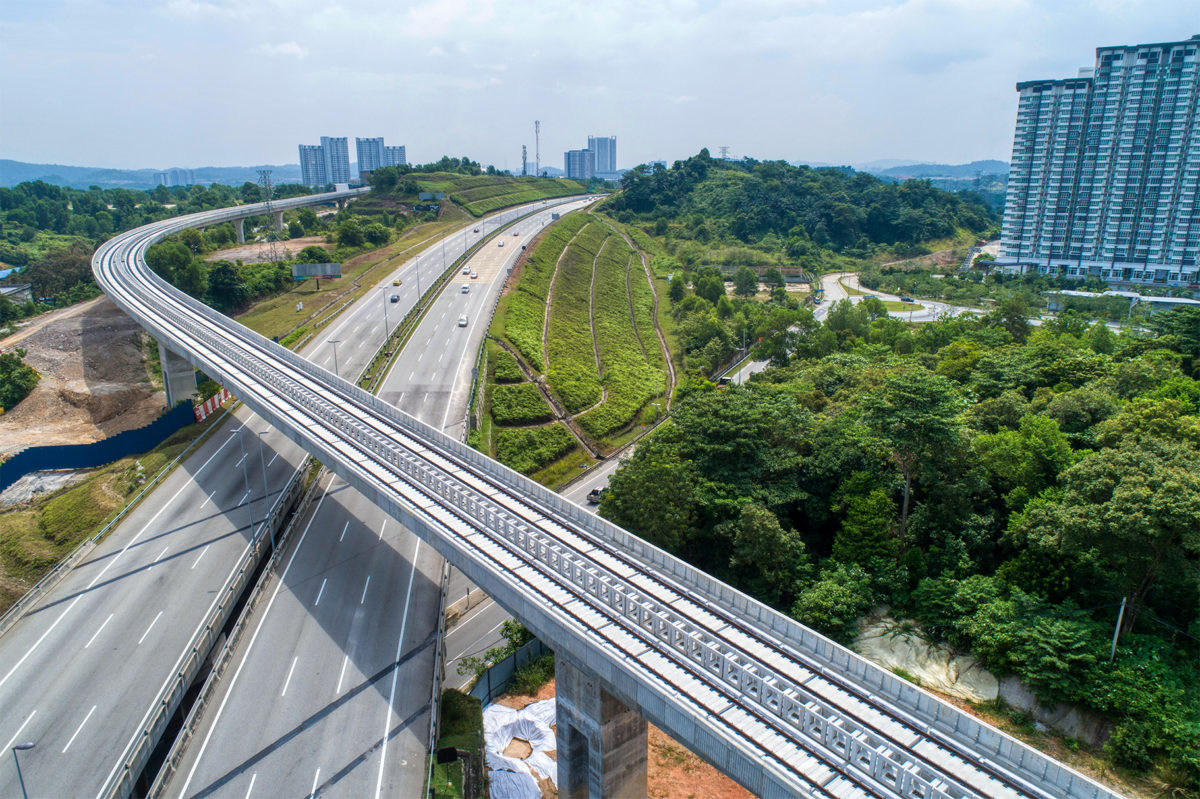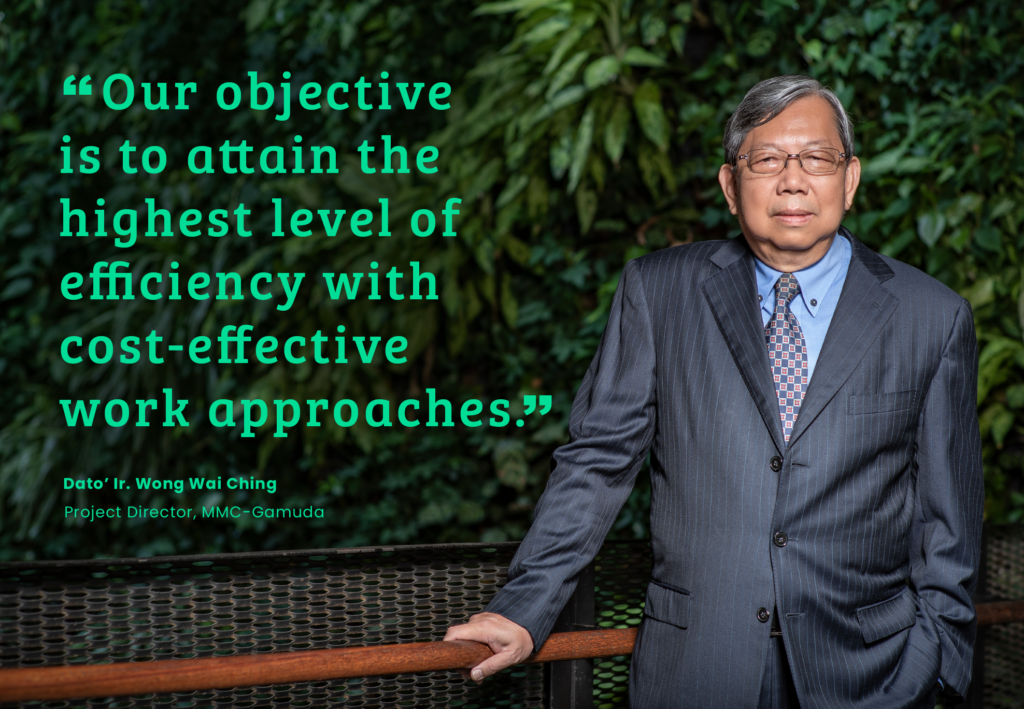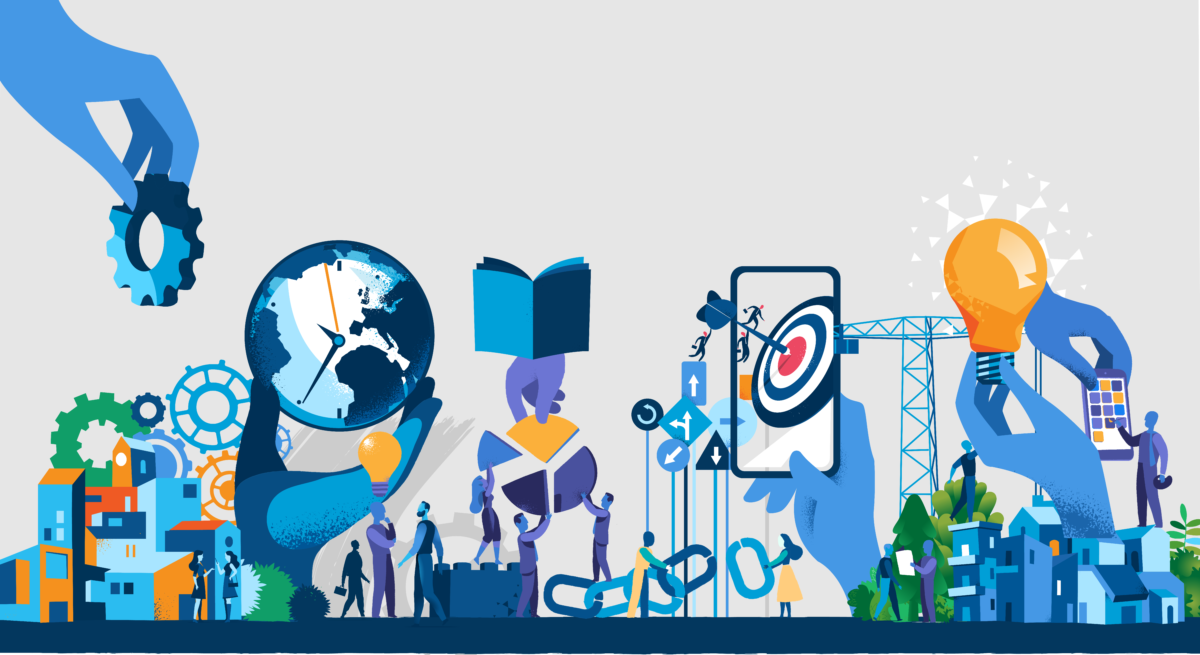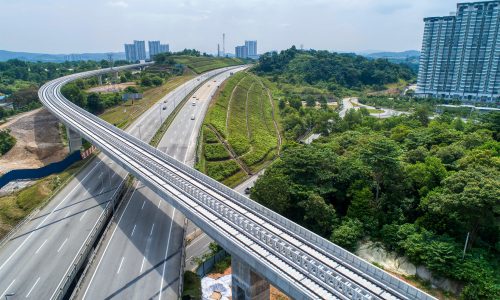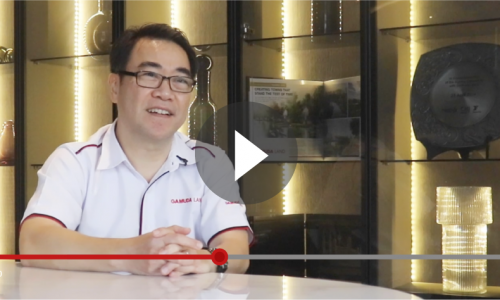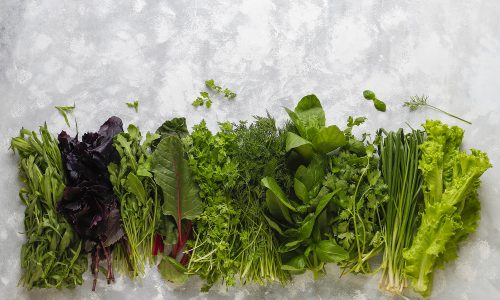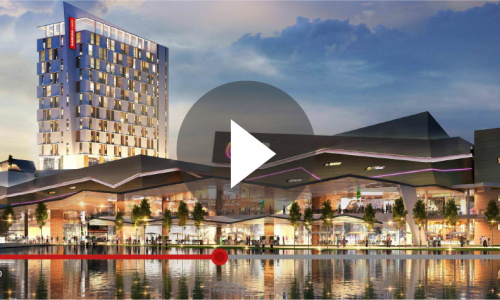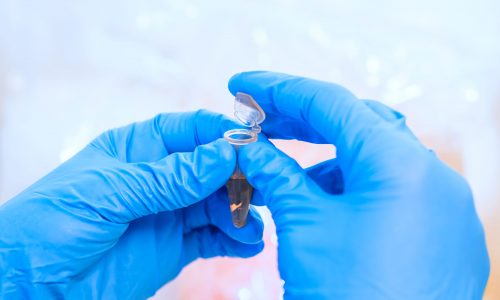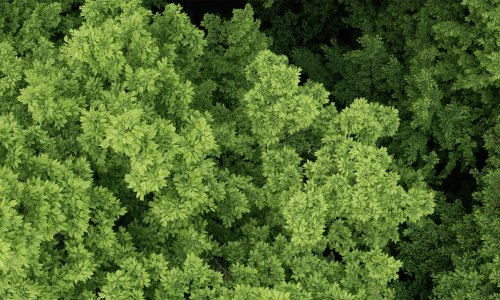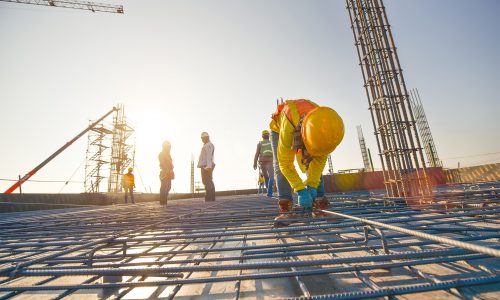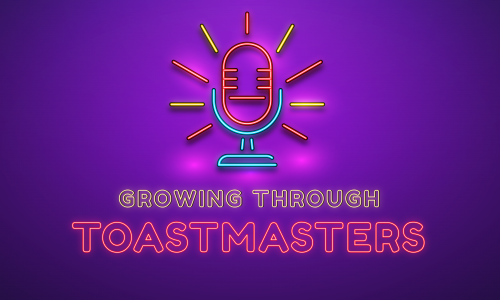Before being approved by the authorities to carry passengers, the first Electric Train for Phase 1 must complete 4,000 kilometres (including 40 loops of the whole of the Phase 1 alignment). The remaining 19 Electric Trains scheduled for operation are required to complete 2,000 kilometres (including 20 loops of the whole of the Phase 1 alignment) without any faults (known as Electric Train Fault Free Running or FFR) as well.
With workforce optimisation implemented across the Group, MMC-Gamuda was affected too. Thus, we have since modified approaches and adopted creative means of dealing with this constraint technically, operationally, contractually and programmatically. Ultimately, our objective is to attain the highest level of efficiency with cost-effective work approaches.
In the second half of 2021, we will enter into yet another frantic period as we work towards achieving our next goal, which is completing Phase 2 in time for its opening in July, 2022. The launch of Phase 2 will be trickier as it involves both elevated and underground sections, and consequently, there has to be efficient management of the integration and interfacing between the two.
Customarily, a project of this scale carries with it common interface-related risks and issues. In the broadest sense, interface is the boundary between two parties or systems, which in the case of the Putrajaya Line are the underground and elevated sections.
To counter these risks, we established the interface management process from the very early stages of the project’s life cycle itself. This process ensures that all relevant specifics about touchpoints are addressed and shared in a consistent and timely manner between all contractors or work teams. The desired outcome is to reduce the probability of costly mistakes and reworks.
Throughout 2021, works for the underground section will mostly involve installation and fitting out works including the architectural finishes in the stations, simultaneously introducing the M&E and Railway Systems works. Additionally, the underground stations and tunnels carry certain unique challenges including compliance with mandatory safety requirements comprising emergency fire, ventilation and lighting systems and fittings.
While we strive and learn to co-exist, fitting into the new normal due to the challenges posed by the pandemic, our anticipation for a vaccine to reach our shores quicker than expected notwithstanding, we are committed to our legacy of completing our projects on time and within cost.


